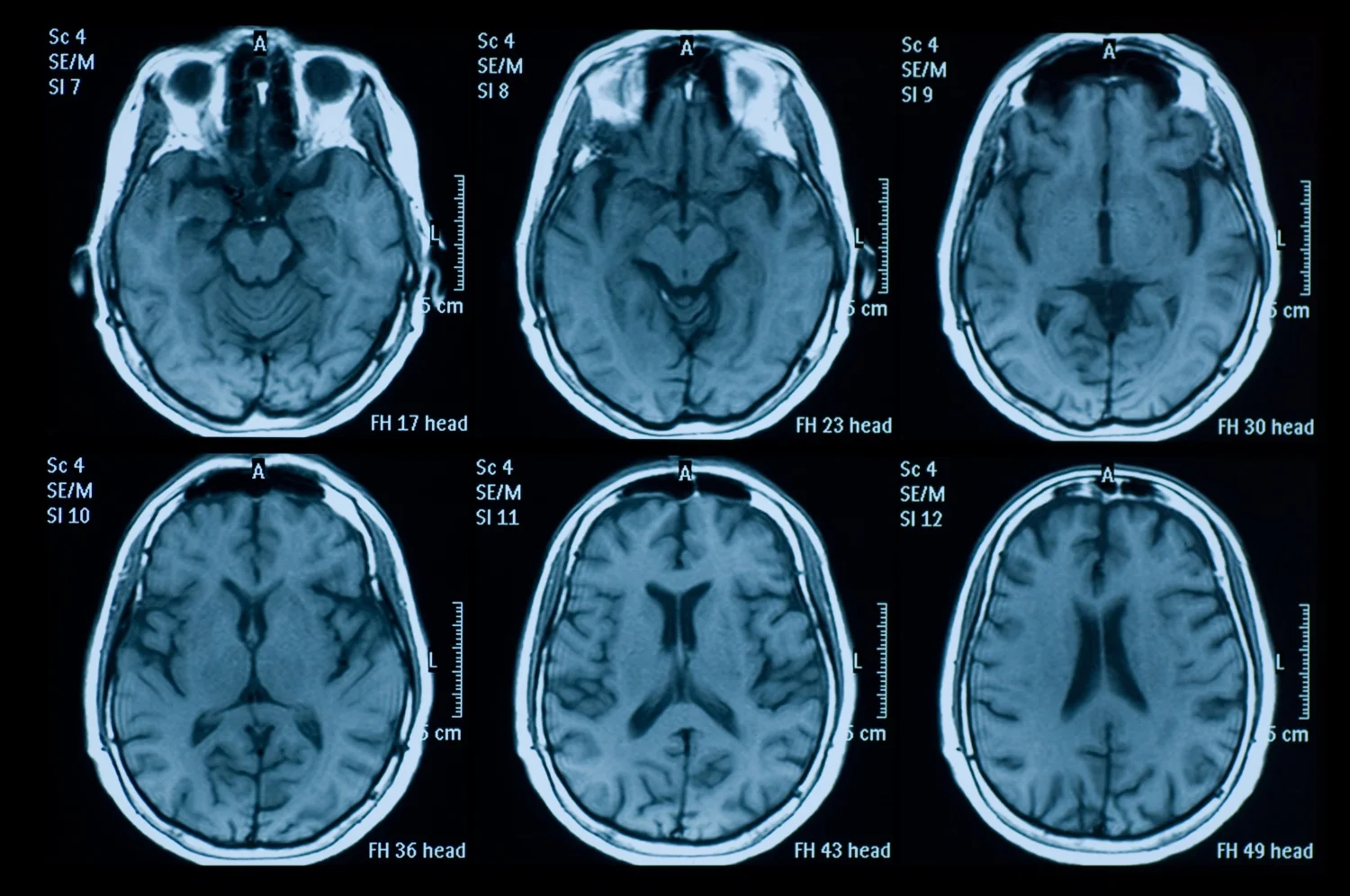When we think of traumatic brain injuries (TBIs), we often picture severe concussions and immediate, obvious symptoms. While these cases do exist, it’s essential to recognize that not all brain injuries present with such clear indicators. Subtle signs of brain injuries can be deceptive and may go unnoticed or be attributed to other causes. In this blog post, we’ll delve into the world of TBIs, exploring the less obvious signs that should never be ignored after an accident.
The Hidden Nature of Brain Injuries
Traumatic brain injuries can result from various accidents, including car crashes, falls, sports injuries, and workplace incidents. What makes them particularly tricky is that the symptoms can be subtle and might not manifest immediately. Sometimes, they appear days or even weeks after the accident. This delayed onset can lead to complications in identifying and treating TBIs.
Subtle signs of a brain injuries
- Persistent Headaches: While headaches are common after accidents, persistent or worsening headaches that don’t respond to typical pain relief measures can be a sign of a TBI. These headaches might be accompanied by nausea and sensitivity to light or noise.
- Cognitive Changes: Subtle cognitive changes can include difficulties with memory, concentration, or decision-making. Someone with a TBI might find it challenging to focus on tasks, follow conversations, or remember recent events.
- Mood Swings: Sudden mood swings, irritability, or unexplained emotional outbursts can be indicative of a brain injury. A person may become more anxious, depressed, or easily agitated without a clear reason.
- Sleep Disturbances: Changes in sleep patterns, such as insomnia or excessive sleeping, can signal a TBI. Sleep is essential for the brain’s healing process, so disruptions may exacerbate symptoms.
- Balance and Coordination Problems: Issues with balance, coordination, or dizziness might be overlooked as mere clumsiness but can be related to a brain injury. Frequent stumbling or unsteadiness should raise concern.
- Sensory Changes: Changes in sensory perception, such as ringing in the ears (tinnitus), blurred vision, or altered taste or smell, can indicate a TBI.
- Fatigue: Unexplained fatigue, even after adequate rest, can be a sign of a brain injury. TBIs often lead to increased mental and physical exhaustion.
- Speech and Language Difficulties: Difficulty finding the right words, slurred speech, or problems understanding language can all be symptoms of a TBI, even when there is no obvious facial or head injury.
Why recognizing subtle signs matters
Neglecting to recognize and address subtle signs of TBIs can have significant consequences. Untreated brain injuries can lead to long-term cognitive, emotional, and physical problems. Furthermore, documenting these subtle signs is crucial for any potential personal injury claim. Connecting the injury to the accident can be challenging without a proper medical record of the symptoms.
seek medical attention after an accident
If you or someone you know has been involved in an accident, it’s crucial to seek medical attention promptly, even if no immediate symptoms of a brain injury are apparent. Explain the circumstances of the accident to your healthcare provider so that they can perform a thorough evaluation.
Traumatic brain injuries are complex and often misunderstood. Recognizing the subtle signs is vital for both the well-being of the injured person and any potential legal actions that may arise from the accident. Remember that not all brain injuries are immediately apparent, and vigilance in monitoring symptoms is key to ensuring a full recovery and receiving the necessary support and compensation if the injury was caused by someone else’s negligence. Gosdis Law wants to get you the compensation you deserve. To schedule a free consultation call (385) 429-9960 or email s@gosdis.lawyer today.




